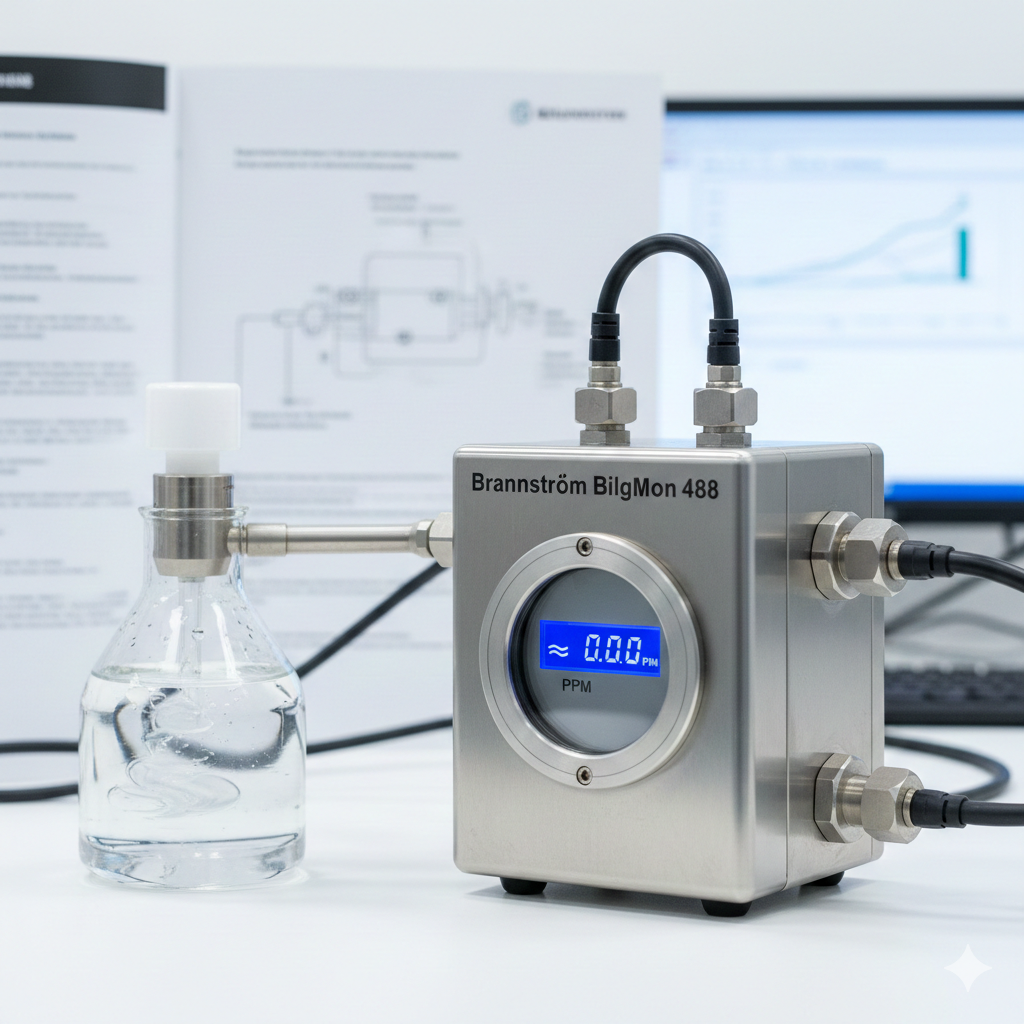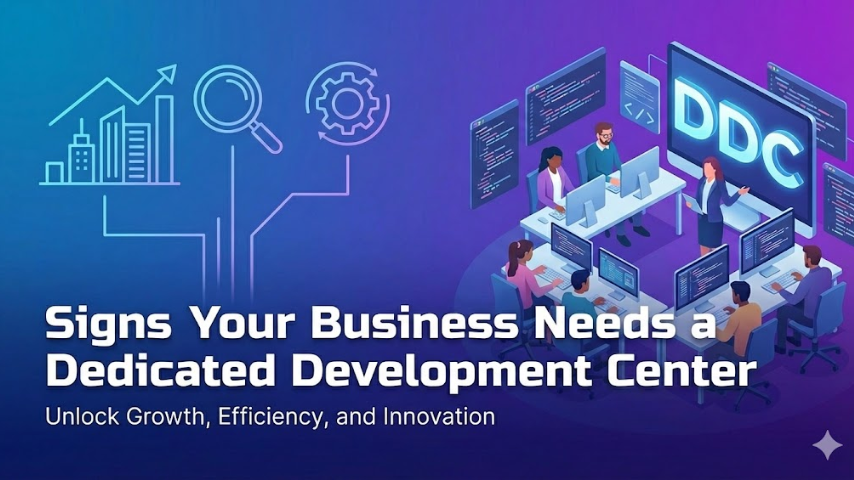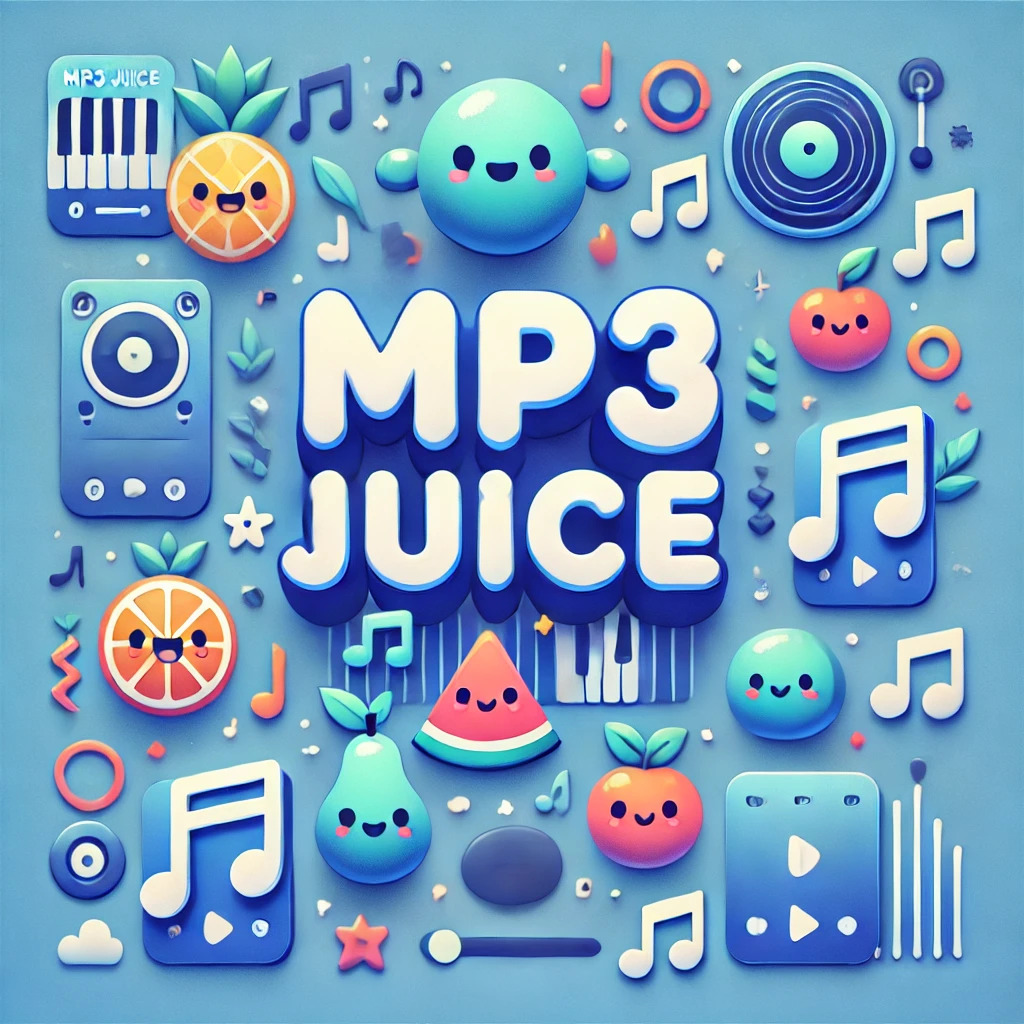In the ever-evolving world of technology, businesses are increasingly turning to intelligent tools to stay competitive. Artificial Intelligence (AI) and automation have become the backbone of modern software innovation—especially within SaaS development services and custom software development services. These technologies are redefining how software is built, deployed, and maintained, helping companies achieve greater efficiency, scalability, and customer satisfaction.
Today, both startups and enterprises rely heavily on AI-driven and automated systems to streamline workflows, personalize user experiences, and minimize operational costs. Let’s explore how these two technologies are reshaping the future of SaaS and custom software solutions across industries.
1. The Rise of AI in SaaS Development Services
AI is no longer a futuristic concept—it’s now at the core of many SaaS application development services. A modern SaaS development company integrates AI capabilities into applications to help businesses analyze data, predict outcomes, and automate repetitive tasks. This shift has made SaaS platforms smarter, faster, and more adaptable than ever before.
For example, AI-powered SaaS tools in customer relationship management (CRM), marketing automation, and HR systems are transforming how organizations operate. Predictive analytics can identify customer trends, natural language processing (NLP) can improve chatbots, and machine learning (ML) can enhance decision-making in real time.
Moreover, AI enables a SaaS software development company to create applications that continuously learn and evolve from user behavior. This adaptive nature ensures that SaaS products remain relevant and efficient without frequent manual updates.
2. Automation: Driving Efficiency in SaaS Applications
Automation plays an equally significant role in enhancing SaaS development services. It reduces manual intervention, improves software reliability, and accelerates product delivery cycles. Automation in SaaS solutions can range from code deployment and testing to workflow management and user onboarding.
A well-implemented automation framework allows businesses to scale operations quickly without compromising on quality or performance. Continuous integration and continuous deployment (CI/CD) pipelines, for instance, help SaaS developers deliver updates seamlessly and minimize downtime.
In addition, process automation improves customer experience. Automated onboarding flows, billing systems, and support chatbots make SaaS platforms more accessible and efficient. These improvements enable companies to focus more on innovation rather than routine maintenance.
3. The Power of AI in Custom Software Development Services
AI is equally transformative in the world of custom software development services. Businesses often require unique software tailored to their specific needs—and AI enables developers to build smarter, data-driven, and more intuitive applications.
By integrating AI algorithms, an enterprise software development company can enhance software with capabilities such as predictive modeling, intelligent data processing, and automated decision-making. This helps organizations make faster, evidence-based business decisions.
For example, AI-driven custom software can optimize logistics routes, detect fraud in financial transactions, or even personalize shopping experiences in eCommerce platforms. These intelligent features not only improve efficiency but also add immense value to the end user.
4. Automation in Custom Software: Streamlining Development and Operations
Automation simplifies complex development and operational tasks in custom software development services. Developers can use automated testing, deployment, and monitoring tools to enhance accuracy and reduce human error.
An enterprise application development company can deploy robotic process automation (RPA) and intelligent workflows that streamline repetitive tasks, allowing development teams to focus on strategic innovation. This leads to faster project turnaround times and improved software quality.
In fact, automation ensures that enterprise application development services are more predictable and consistent. Continuous monitoring systems powered by automation detect bugs or performance issues early, preventing downtime and ensuring a seamless user experience.
5. Where AI and Automation Meet: The Smart Software Revolution
When AI and automation converge, they create a powerful synergy that revolutionizes both SaaS and custom software. AI-driven automation allows systems to not only execute tasks automatically but also make intelligent decisions based on context and data insights.
This combination enables SaaS software development companies and enterprise software development companies to create products that anticipate user needs and adjust functionality accordingly. For instance, AI can analyze user behavior patterns and automatically suggest actions, while automation ensures those actions are executed instantly.
This intelligent software ecosystem delivers unparalleled speed, personalization, and scalability—making it an essential part of any digital transformation strategy.
6. Real-World Examples of AI and Automation in Action
AI and automation have already transformed various industries through innovative SaaS and custom software applications:
-
Healthcare: AI-driven SaaS platforms assist doctors in diagnosing diseases faster and more accurately, while automated systems manage patient data securely and efficiently.
-
Finance: Custom software solutions powered by AI detect fraudulent transactions, automate compliance checks, and optimize investment strategies.
-
Retail: Personalized recommendations, automated inventory management, and predictive analytics help retailers improve sales and customer retention.
-
Manufacturing: Predictive maintenance systems use AI to identify potential equipment failures before they occur, while automation handles production scheduling and supply chain management.
Each of these examples showcases how AI and automation together drive operational excellence, reduce costs, and enhance user experiences.
7. Building Future-Ready Software with AI and Automation
Organizations seeking to leverage AI and automation should partner with experienced providers offering both SaaS development services and custom software development services. The right development partner understands how to integrate advanced algorithms, automate workflows, and build scalable architectures tailored to your business goals.
A capable SaaS development company or enterprise application development company can help design cloud-native solutions that use AI for predictive insights and automation for efficient management. This dual approach ensures long-term growth and adaptability in an increasingly competitive market.
8. The Benefits of AI and Automation for Businesses
The integration of AI and automation into SaaS and custom software brings measurable advantages:
-
Enhanced Productivity: Automation handles repetitive tasks, freeing up teams for higher-value work.
-
Smarter Decision-Making: AI analyzes vast datasets to provide actionable business insights.
-
Cost Efficiency: Automated systems minimize manual errors and operational costs.
-
Improved Customer Experience: AI-driven personalization creates more engaging and user-friendly applications.
-
Scalability and Flexibility: Cloud-based AI solutions enable businesses to expand operations quickly without major infrastructure changes.
These benefits underscore why companies across industries are adopting AI-driven SaaS and custom software to fuel their digital transformation initiatives.
9. Challenges and the Road Ahead
While AI and automation offer numerous advantages, businesses must also consider challenges such as data security, implementation complexity, and integration with legacy systems. However, with the right enterprise software development services partner, these challenges can be mitigated through careful planning, cloud-based architectures, and continuous monitoring.
The future holds even greater promise as AI models become more sophisticated and automation tools more intuitive. Companies that invest now in intelligent SaaS and custom software solutions will be better positioned to lead in innovation and efficiency.
Conclusion
AI and automation are no longer optional—they are essential components of successful SaaS development services and custom software development services. Together, they are transforming how businesses operate, deliver value, and engage customers.
By partnering with a trusted SaaS software development company or enterprise application development company, organizations can harness the full power of intelligent automation and AI to build scalable, efficient, and future-ready digital solutions.
The future of software is intelligent, adaptive, and automated—and it’s already here.








